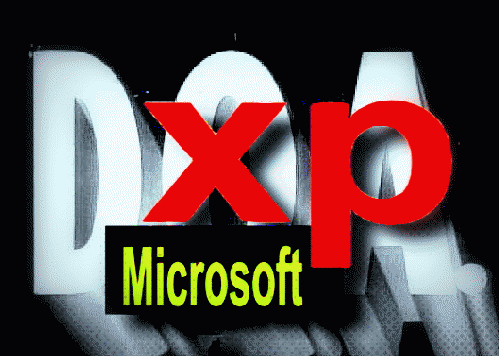No one holds hope that Microsoft will reprieve XP --they show "concrete thinking." So, the way to go is LEGISLATIVE, to give orphaned, or abandoned, systems to the public domain. In this way, the community --being "hack" oriented-- can easily supply security fixes. More creative programmers can create freestyle software, even an app-less system (such as Thinman.com)
As it happens, reverse-engineering abandoned s/w is legal under library laws, but uber-powerful Microsoft would squash that in a nanosecond. It would be better to liberalize the use of orphaned systems by making it illegal to prosecute reverse-engineers and users of orphaned systems.
Many suggest that XP users should be using Linux, the best-known free operating system. Unlike XP, Linux cannot be described as a "people's choice." First off, a good deal of knowledge is assumed for its use, and, more important, the Linux community can only be described as anti-social, especially to "nubies," or beginners. Anyone typing "wrong think" is instantly a "troll."
The long-term best bet for "people's computing" is the L4 microkernel operating system, which was free until a certain point in the mid-2000s. It is used only in a very expensive intelligence agency-specific cell phone, but appears in nearly every cell phone as a telecom control sub-operating system. Microkernels are very popular: every operating system except linux uses a (hybridized) microkernel for flexibility. For one thing, microkernel "driver" architectures have "hot-pluggable" abilities; at the end of the day, drivers are actually the biggest "bug-a-boo."
Activism, however is what is needed immediately, and programmers truly suck at that. It is up to the average person to learn --and act! Get the "tech headache."
Richard Stallman is the guru of computing freedom --and a great source. He started the "hack" movement as an outsider inside MIT during the Vietnam protesting era, and founded both the GNU software movement and the Free S/W Foundation.
Microkernel activism can be found here: (former Linux Society)






